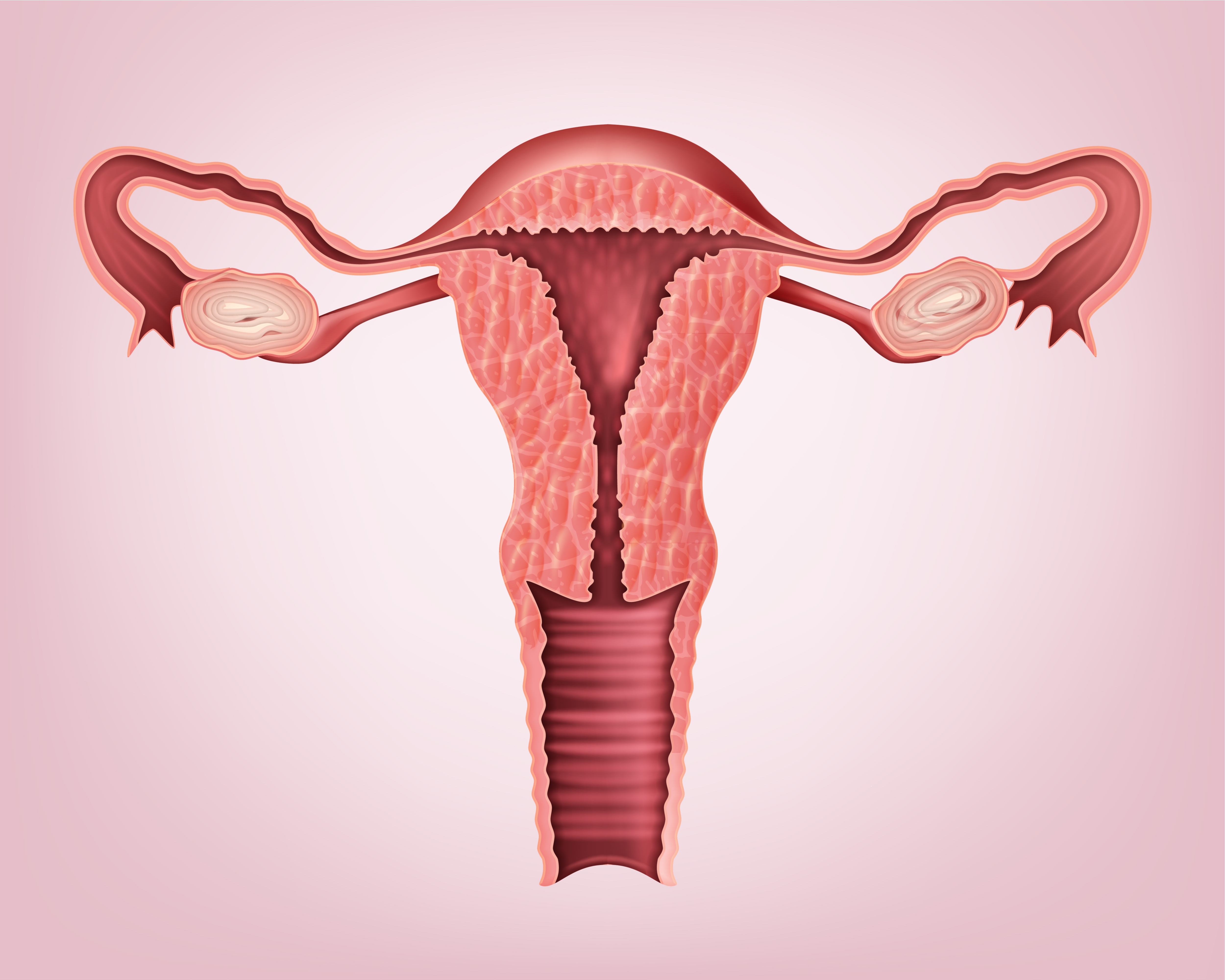
Women are born with several million eggs shared between their ovaries. However, only a few lakh eggs make it to adulthood while the rest perish. Throughout her reproductive life, several dozens of eggs begin to develop every day, of which only one matures resulting in ovulation every month. From these facts, it is obvious that the number of eggs a woman carries are as old as she is, and they gradually decline with age.


Fertility can be assessed through through
Eggs are microscopic and are present within the follicles which are present in the ovary. These follicles are fluid filled sacs which supports the egg and releases AMH. Anti-Mullerian hormone (AMH) levels can be assessed through a blood test. It does not vary with the menstrual cycle and a blood sample can be given at any time with no prerequisites. AMH levels help the health care personnel estimate the number of follicles.
AMH levels decline with age. Thus, a low AMH indicates a low ovarian reserve reflecting on a woman's impaired reproductive potential.
FSH is a hormone released by the pituitary gland which is located at the base of the brain. This hormone is responsible for ovarian follicular development. Follicle stimulating hormone (FSH) levels can be obtained through a blood test. FSH levels are high in women with reduced ovarian reserve and it also shows cyclical variations. Therefore, it's not a viable option to independently assess the ovarian reserve.
Antral follicle count (AFC) is an ultrasound-based investigation, used to ascertain the number of follicles. Follicles in each ovary are identified and counted using an ultrasound scan. Antral follicle count is comparable with Anti-Mullerian hormone levels. We will need to bear in mind that AFC is more subjective as it is dependent on the sonographer where as, AMH is an objective method of assessing ovarian egg reserve.

These investigations can provide your doctor with a snapshot of your fertility, thereby helping them individualize treatment and dosing of medications while undergoing assisted conception. Your doctor will also take into account your lifestyle and personal history prior to deciding on further management. We need to bear in mind that these test results cannot be used to determine the success of your pregnancy.